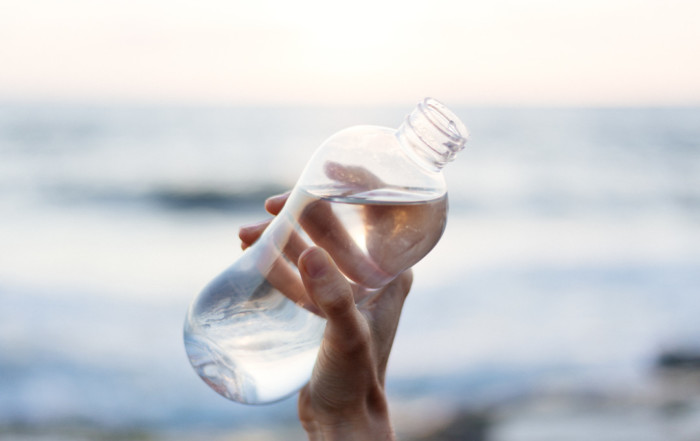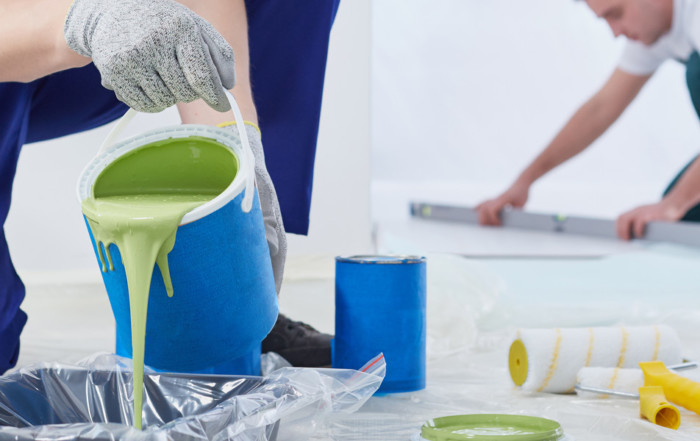The term greenwashing is a variation on ‘whitewashing’. It refers to the act of advertising environmental claims without backing it up with real policy. The term has been around since the eighties, when an environmentalist coined it as an ironic commentary on a hotel’s attempt to frame their money-saving towel-washing policy as ‘saving the environment’.
Nowadays, the rise of social media has made it nearly impossible to gloss over inconsistencies between messaging and policy. The scrutiny of an increasingly well-informed public is exposing those companies who are only interested in the green movement for a quick marketing boost – and rewarding those who can demonstrate real commitment to sustainability. So how can your company prove its green credentials?
The Risks of Greenwashing
The latest Sins of Greenwashing Report by TerraChoice examined over 5,000 consumer products that made green claims. They found that over 95% of the products were guilty of greenwashing. Greenwashing is clearly widespread, but does that mean that companies are getting away with it?
Shell has found their position weakened by their poor environmental policies. In July this year, they organised the ‘Make the Future Live’ event in London, complete with a Shell Eco-marathon and backed by influencers like Letitia Wright and Jennifer Hudson. Immediately, activist groups like Brandalism reacted, organising protests and placing satirical posters throughout the city. On social media, Shell’s hashtag #makethefuture left them exposed to greenwashing accusations.
Meanwhile, consumer goods giant Unilever is being sued for misleading environmental claims made around their Ben & Jerry’s ice cream brand. The consumer watchdog filing the suit claims that: “Unilever is building on Ben & Jerry’s reputation as an environmentally responsible company to deceive consumers.” The Ben & Jerry’s website claims that its milk is sourced from “Caring Dairy” farms. But the suit alleges that less than 25% of their milk is sourced from farms that meet the “Caring Dairy” standards described by Ben & Jerry’s. What’s more, they claim some of the ice cream contains the pesticide glyphosate.
The Ben & Jerry’s case demonstrates that there is a real danger in making unverified environmental claims. Between reputational damage and legal consequences, it’s clear that engaging in greenwashing exposes companies to huge risks, but how can it be avoided?
Demonstrable Commitment to Sustainability
A tell-tale sign of greenwashing is the gap between the huge spend on green marketing and the token amount spent on actual green policy. The good news is that sustainable policies are often cost-saving in themselves. Plus, if you build a legitimate reputation for sustainable business, it will be simple and cost-effective to prove it through fact-based marketing. Here are three ways you can demonstrate real, provable commitment to sustainability to your clients:
1. Make use of third-party certificates
This can mean earning an ecolabel yourself by complying with the standards of a third-party environmental certificaton service, or using materials and services that have earned such a label. For example, the FSC forestry label is widely recognised by consumers.
2. Invest in own recycling solutions
Why throw out materials when you can reuse them? Think about the full production chain and reduce waste. Encourage your customers to do the same and provide them “how to” solutions.
3. Reduce carbon footprint
For most companies, the best way to achieve this is by reducing energy and fuel use. Scrutinising every link in your company’s supply chain can result in fantastic savings. Measure the CO2 footprint of your products.
Evaluating your products and services for environmental sustainability takes time and effort, but it is an investment in the future of your business. It will allow you to make a fresh impression on your clients, and protect you from accusations of dirty dealings. After all, you don’t need to greenwash a process that’s already clean.





